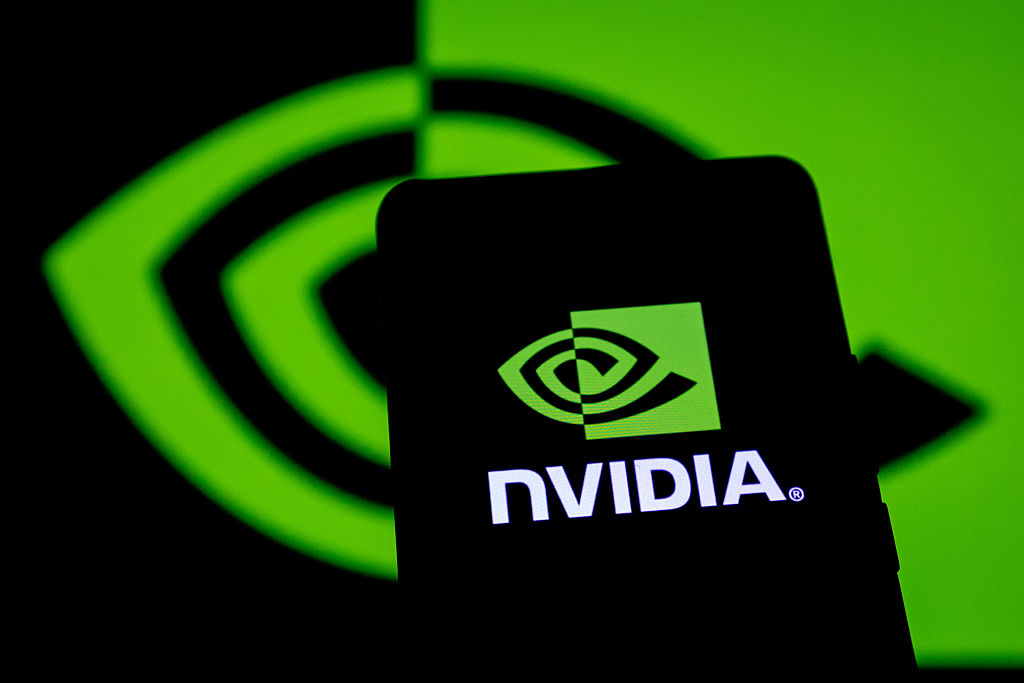On the other side of the Atlantic, the United Kingdom has opened its largest robotic-assisted surgery training centre in Winnersh, near Reading. This state-of-the-art training facility puts an emphasis on training surgeons from all around the world. Most importantly, it improves their competence when using robot technologies for surgical operations.
The new center is strategically located in Winnersh. It adopts the latest da Vinci surgical system, a cutting-edge technology widely used in hospitals throughout the UK and Ireland. More than 200 such systems are now in use across these areas, having assisted in surgeries on over 300,000 patients.
Surgeons from across Europe are quickly adapting and being trained at this newly established training center. Not too long ago, the centre hosted a French delegation of surgeons from Montpellier. This visit underscored its significance as a global focal point for surgical education. Consultant surgeon Gijs van Boxel training other surgeons at the Queen Alexandra Hospital in Portsmouth. He underscored the value of these trainings.
Today, we’ve been training on metabolic surgery. We’ve got French surgeons visiting from Montpellier. Communities from across Europe are coming together to Reading and Winnersh Triangle. They are just coming to hone their skills—in robotic surgery specifically. So that’s just a really cool, exciting success story and something to be celebrating,” added Van Boxel.
With the da Vinci surgical system’s ability to perform with unmatched precision, surgery has resulted in far better outcomes for patients. Van Boxel elaborated on the nature of robotic-assisted surgery, stating, “It is referred to as robotic-assisted surgery but it is very much controlled by an experienced, qualified surgeon who manipulates the instruments using a different part of the machine to allow us to do the surgery.”
The training centre’s establishment coincides with NHS England’s plans to implement robotic assistance in 9 out of 10 keyhole surgeries by 2035. This action is a key step in a larger effort to improve surgical efficiency and patient care with predictive analytic technologies.
Van Boxel noted the evolution of robotic surgery, saying, “It feels futuristic but the concept of robotic-assisted surgery is not a new one. The development that’s gone into this over the various iterations has been extensive, lots of lessons have been learnt.” He highlighted that robotic systems allow for amazing levels of precision. That kind of accuracy then results in better surgical outcomes for patients which is the true goal of all these innovations.
The Winnersh centre is truly a declaration of the UK’s commitment to continue to lead the world in defining and developing the future of surgical technology and training. It benefits local patients and it attracts talent from all over Europe. It is a momentous leap forward in the field of robotic-assisted surgery.


